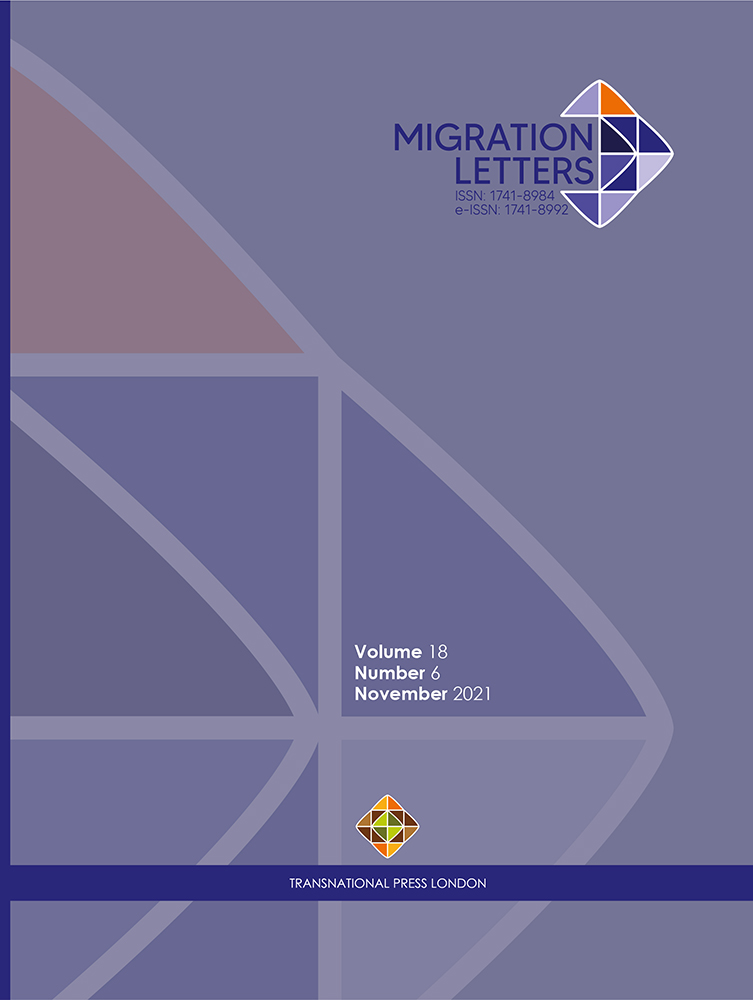Fear and voting: Evidence of a threat-opportunity model of citizenship acquisition among lower income immigrants of color beginning the naturalization process
Fear and voting: Evidence of a threat-opportunity model of citizenship acquisition among lower income immigrants of color beginning the naturalization process
Author(s): Catherine Simpson BuekerSubject(s): Politics / Political Sciences, Migration Studies
Published by: Transnational Press London
Keywords: naturalization; citizenship acquisition; political incorporation; defensive citizenship; civic engagement; threat-opportunity;
Summary/Abstract: Citizenship acquisition is viewed as the key indicator of political incorporation into US society and one motivated by the desire to formally engage in the civic realm, but we know naturalization is undertaken for many reasons. What we know less about is what motivates particular groups. Through surveying 74 lower socio-economic immigrants of color initiating the naturalization process at free citizenship clinics in the Boston, Massachusetts area in the northeastern United States in fall 2019, we examine the stated motivations to naturalize. The survey data reveal that the desire to engage politically is the most commonly cited primary motivation to naturalize (44%), followed by a desire to feel safer in the US (29%). When looking at primary and secondary motivations, 66% cite the ability to vote, and 59% cite the desire to feel safer. The combined motivations of security and political engagement suggest a “threat-opportunity” model of citizenship acquisition, whereby immigrants assess the external socio-political threats and seek to neutralize them through both naturalizing and then engaging politically to change the environment. At the same time, statistically significant relationships between motivations and ethno-racial group and country of origin suggest additional factors must be examined.
Journal: Migration Letters
- Issue Year: 18/2021
- Issue No: 6
- Page Range: 721-730
- Page Count: 10
- Language: English

